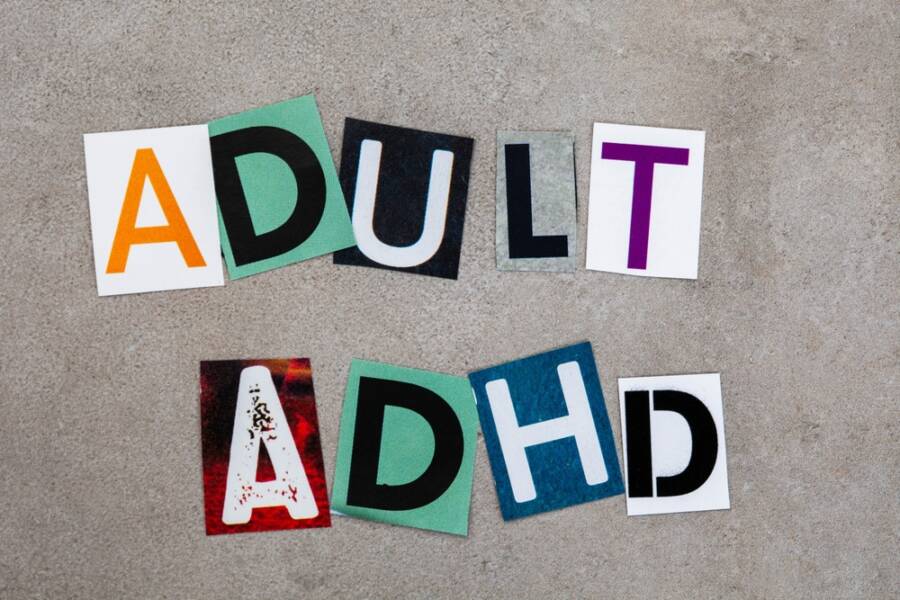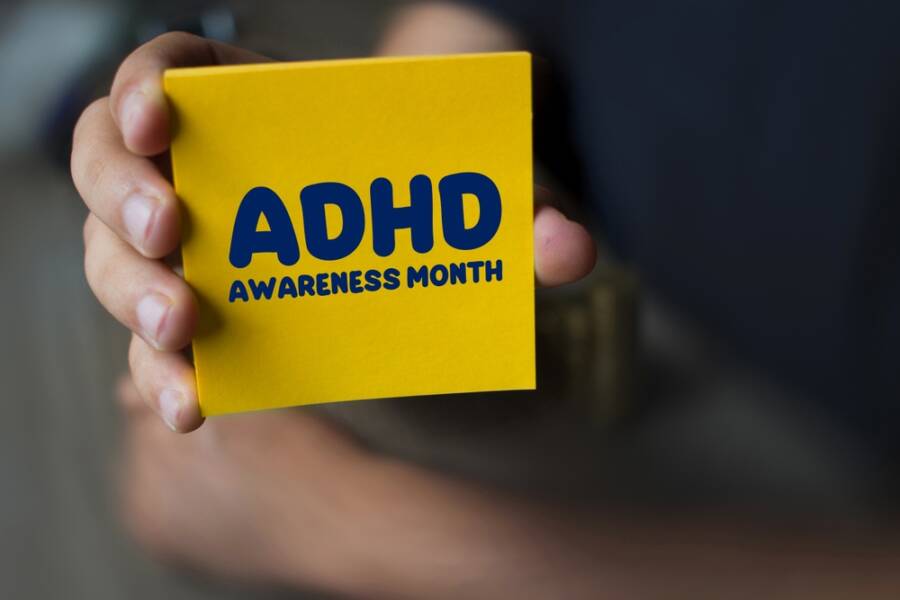How can you tell if you have ADHD? Read on what doctors have to say about this condition.
Our modern life has changed so much in the past years, and everything is happening at a faster pace…it’s so overwhelming! And adults can say they agree with this. Balance is the key, they say, but what happens when the balance fails and you find yourself having issues with concentration, organization, and being somewhere on time without blaming the traffic all over again?
Maybe these are the signs you have ADHD but it’s undiagnosed. But what is really ADHD? The brain condition known as attention deficit hyperactivity disorder, or ADHD, frequently shows up in children. It can result in hyperactivity and impulsivity as well as problems with mood, organization, and attention.
The brains of children with ADHD and those without the disorder are known to differ, especially in the frontal lobe. Nonetheless, many individuals are diagnosed with ADHD later in life. In this article, we will take a closer look at some of the signs that indicate that you have ADHD as an adult:

How can adults develop this condition?
Psychologists say that it’s impossible to “develop” this condition as an adult. Most probably you had it since childhood, but you weren’t diagnosed at that time. In the past, people would have labeled you as a daydreamer, a lazy child, a troublemaker, forgetful, disorganized, or simply a poor student.
How does it feel to be a person with ADHD?
When you were younger, you may have hidden or managed your ADHD symptoms. Demands on you increase as you progress from elementary to secondary school, and then as you pursue a career, start a family, and handle a household. These expectations are placed on your capacity for organization, concentration, and composure. Anyone can find this difficult, but if you have ADHD, it may seem nearly impossible, and it’s certainly not your fault.
That being said, let’s now take a look at some of the most common signs that show you have ADHD, and it’s better to call the doctor ASAP to get proper treatment.
You can’t focus properly
One of the most obvious signs that you have ADHD is when you can’t focus on accomplishing both minor and important tasks. ADHD is characterized by a lack of focus, which extends beyond difficulty paying attention. It also indicates that you are easily distracted, that you fail to pay attention to details, and that you consistently show up late for assignments or projects.
Even simple listening to others during a conversation is a constant challenge for someone with ADHD.
You frequently misplace items
For people with ADHD, organizing, tracking, or storing possessions can be challenging. You likely have ADHD if you often forget where you place objects such as wallets or car keys. This occurs when the brain is operating automatically without actually remembering where you put those items.
Losing sight of an object’s location following a brief period of inattention, retracing actions repeatedly to locate misplaced objects, and putting items in inappropriate locations (e.g., dirty dishes in the bedroom, work papers in your car) are all common indicators that there might be something wrong with you, which is not exactly burnout.
You’re disorganised
Everybody finds life difficult at times; it’s human. However, compared to someone without ADHD, someone with ADHD might have more difficult life experiences. As a result, they may find it challenging to maintain order. An adult with ADHD may struggle with organization. As we previously mentioned, this can involve issues with task tracking and rational task prioritization.
You’re always late
…And it doesn’t matter if it’s about your workplace, school, or simply a date. Studies on various patients show that you might have ADHD if you’re struggling with going somewhere in time. Why is this happening?
While it’s normal for us to struggle with time management due to personal issues, traffic, or other circumstances, adults with ADHD are constantly late. This occurs as a result of their forgetting times and dates, getting caught up during the meeting preparation, or, most often, losing their wallet, meeting notes, or car keys.
You’re impulsive
If you’re always impulsive and you want to finish the tasks ASAP without even looking twice at whether they’re correctly done or not, then you have ADHD. It might sound strange, or you can easily blame it on the stress and the pressure you’re under to do things within a deadline, but impulsivity is one of the warning signs of ADHD.
An individual with ADHD may be impulsive in many ways, such as acting without much thought for the repercussions, interrupting others in conversation, or acting inappropriately in social situations.

You’re having issues keeping good relationships (both romantic and platonic)
Relationships, whether platonic, romantic, or professional, can be difficult for adults with ADHD. Some characteristics linked to ADHD can be emotionally draining. These include talking over others in conversations, being easily bored, and being uninterested.
Adults with ADHD are capable of having fulfilling marriages and happy relationships despite these obstacles. One of the best ways to work toward this is to seek out professional counseling and support.
Reading this article made you realize that it might be a good idea to consult with your doctor and see if you’re actually dealing with ADHD. That’s great! It’s good you’re taking the first steps into recovery and getting proper treatment if you’re diagnosed. But besides treatment, it’s also mandatory to work with yourself as well.
The book Thriving with Adult ADHD: Skills to Strengthen Executive Functioning is packed with practical advice and insights that will help you understand your condition better. If you’re interested in reading it, you can buy it from Amazon for only $9.53 for the Kindle version.
Your anxiety levels are skyrocketing
If you have ADHD, you may constantly feel restlessness, like you don’t have the time to stop a bit and just breathe. When you can’t do something right away, your desire to keep going and accomplish things can cause frustration. Anxiety and frustration can result from this restlessness.
Adult ADHD often shows up as anxiety because the mind frequently replays troubling events. When speaking, an adult with ADHD may tap their hands or feet, move around a lot, shift in their seat, and have trouble staying still.
You’re having trouble remembering things
While it’s normal for people to occasionally forget things, forgetfulness tends to happen more frequently for those with ADHD. Regularly losing track of important dates or where you’ve put things are examples of this.
Forgetfulness can occasionally be annoying, but not to the extent that it seriously interferes with daily life. It can be serious at other times. If you have ADHD, in addition to forgetting things like grocery lists and birthdays, you may also misplace your possessions and struggle with understanding what you’re reading.
In the end, relationships and careers can be impacted by the memory issues. If others are unfamiliar with an ADHD diagnosis and its symptoms, they may mistake it for negligence, so if you get diagnosed with ADHD, make sure you talk to your dear ones about it. Would be a pity to ruin relationships because of a condition that you can’t control.
Take care!
Related article that you may want to take a look at: ADHD Burnout: What Is It and Do You Have It?











Leave a Reply